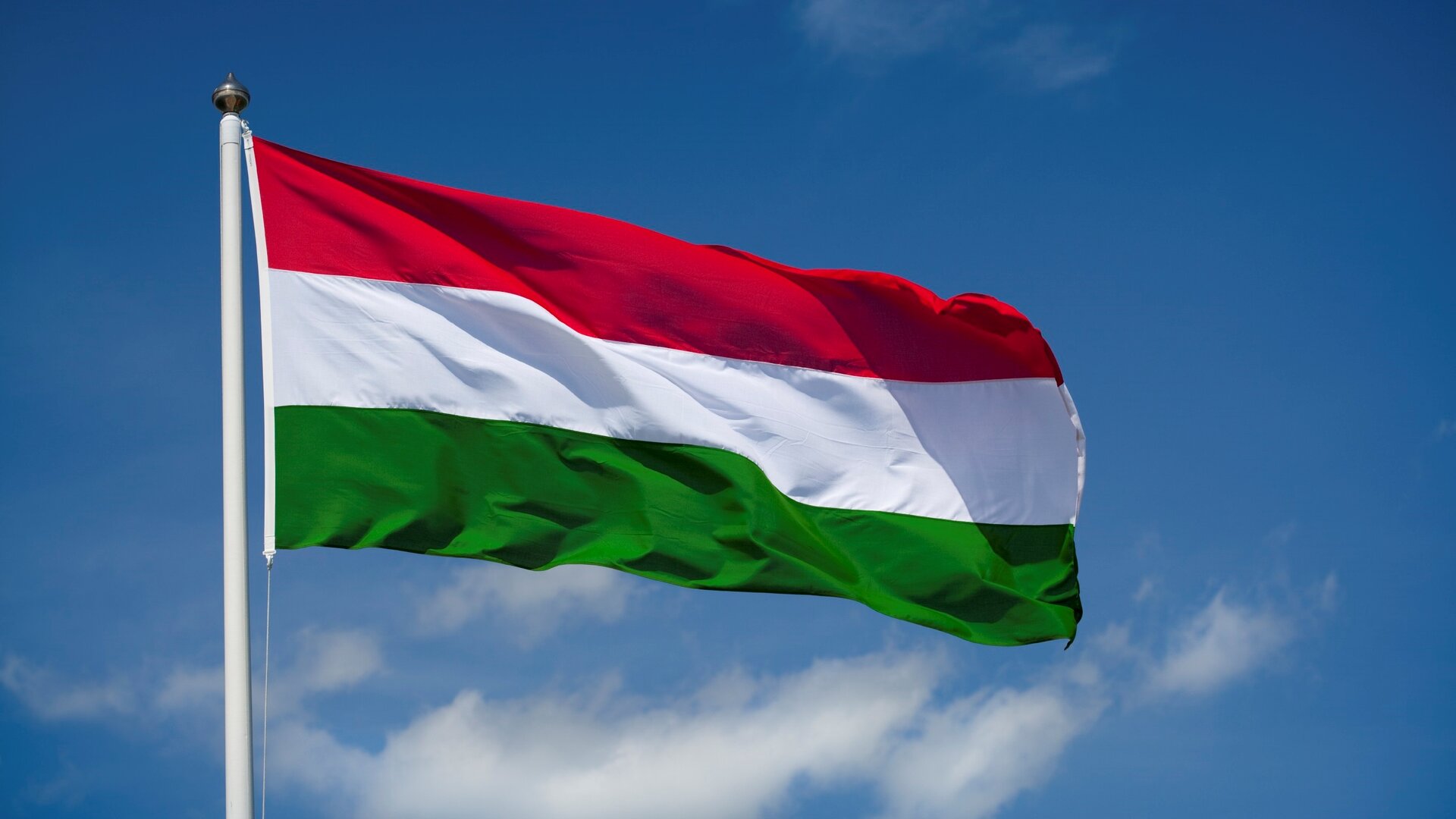Bulgaria is a country in southeastern Europe that is formally known as the Republic of Bulgaria. In the 17th century, one of the oldest states on the European continent was created. It has a deep-rooted cultural heritage encompassing traditional dance, music, costumes, and craft. Bulgaria has a well-educated labor force, popular for its musicians and opera singers as well as its rich folklore traditions. With an estimated population of about 6 million people, the Bulgarians are also good farmers with rich soil nutrients. Despite this, Bulgaria has been ranked as the poorest country in the European Union. The economy is powered by construction, tourism, mining, agriculture, and services. The blend of nature, history, and modern lifestyle has placed Bulgaria in the eyes of tourists. Offers a wild range of places to like the Thracian tomb of Kazanluk, Ethnographic Museum, Plovdiv, Plovdiv regional historical museum of 1951, Nessebar, etc. It is not expensive to live in Bulgaria, the cost of living is low compared to other EU states. The country is welcoming to visitors and is quite safe, with a low rate of violent crime. Aside from tourists, Bulgaria is also open to business investments because its free-market alongside the economy is largely based on the private sector and a smaller public sector.

Bulgaria has three types of visas; VISA-A, VISA C, and VISA D. Visa requirements for each of the visas vary depending on the reason for travel.
VISA A
Bulgaria Airport Transit visa (visa A) is usually valid for 3 days or less for passing through the country to a third or another destination. Particularly for passengers who must change planes to reach their preferred destinations. Under this visa, no business activity is allowed, and holders of this visa are not allowed to work as well. Holders of this visa in some circumstances are confided to the airport premises.
VISA C
Bulgaria short-stay visa (visa C) is issued to an applicant who wishes to stay in Bulgaria for a short time. The visa lasts for 90-180 days. This visa does not allow the holder to work or engage in any type of employment. Applicants who travel to Bulgaria for visitation, tourism, business, workshops/training, etc fall under this section. Visa requirements include;
- A valid passport (must be 6 months away from its expiring date)
- A recent passport picture
- Flight ticket
- A document stating the purpose of travel
- Proof of sufficient financial means to support yourself
- Accommodation
- Police clearance
- Trade license (Business documents)
- Certificate of Covid 19 vaccines
Visa D
The Bulgaria long-stay visa (visa D) allows foreign nationals to work or school in Bulgaria for an extended duration or permanently. The visa is valid for one year and must be renewed every year. On arrival, holders of this visa must get a residence permit. This visa permits the holder to enter the country many times. Visa D requirements include;
- A valid passport
- Flight tickets
- Admission letter
- Appointment letter
- Police clearance
- Health Insurance
- Travel insurance
- Proof of sufficient funds
- Certificate of qualification
- Accommodation
- Birth Certificate
It is important to note that when applying for a Bulgarian visa you must first make reservations for flight tickets and accommodation. It is best to engage the services of a travel and tour agency for adequate planning. Also, Eu members state and other countries like the USA are under visa-free nations to Bulgaria.



